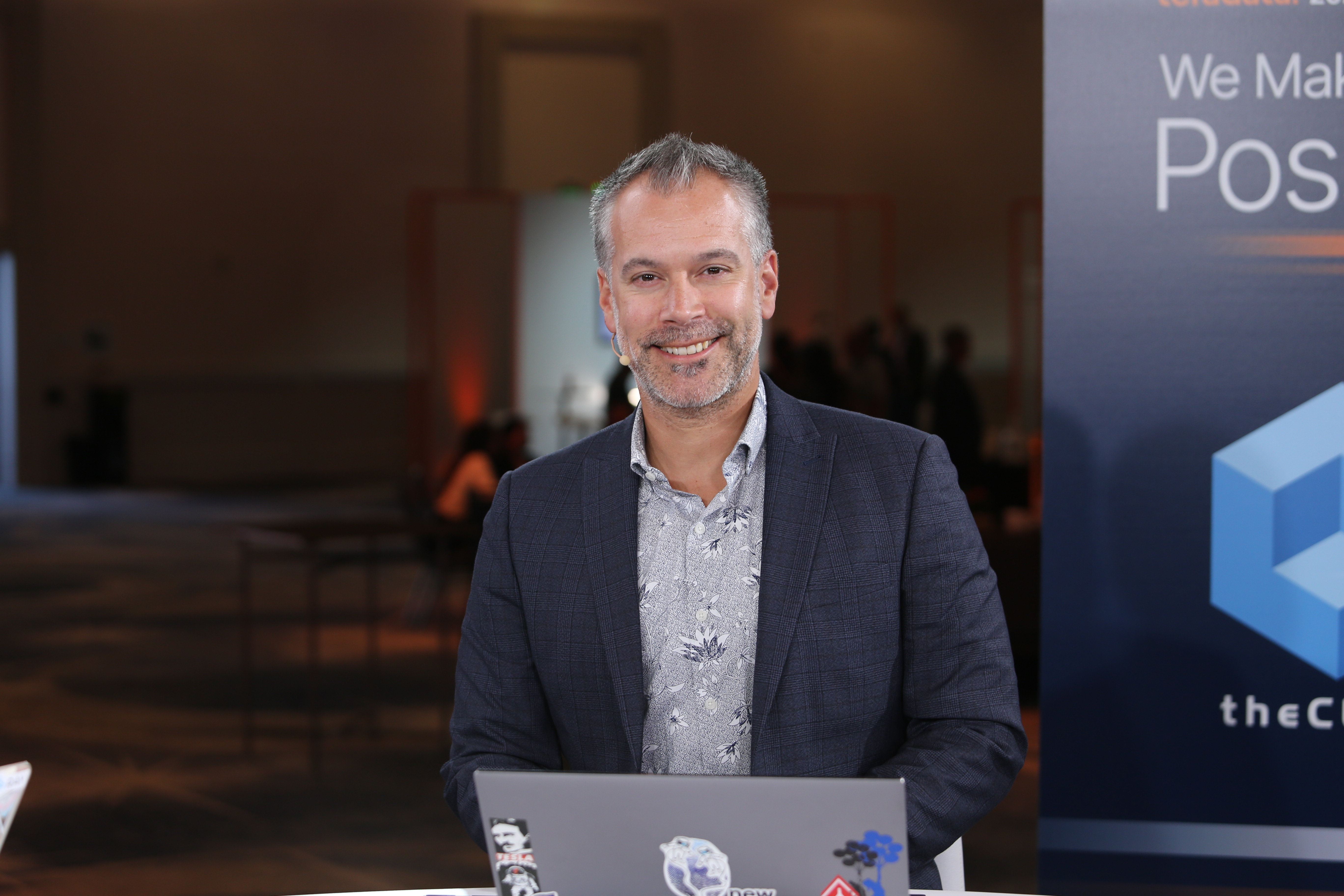 AI
AI
 AI
AI
 AI
AI
The tech landscape is rapidly evolving. Companies increasingly apply AI integration, data democratization and open table formats to enhance decision-making and operational efficiency. As businesses strive to simplify data access and break down silos, the demand for robust, flexible systems that can seamlessly connect diverse data sources is more critical than ever.
“I spend a lot of time with customers talking about, ‘What are you trying to do?’” said Dan Spurling, senior vice president of product management at Teradata Corp. “We’re seeing this huge push. There’s obviously the push around AI and the hype … that generative AI has driven.”
Spurling spoke with theCUBE Research’s Rob Strechay and co-host Savannah Peterson at the Teradata Possible 2024 event during an exclusive broadcast on theCUBE. They discussed data democratization, open table formats, AI integration and how it all ties into customer engagement and satisfaction.

Dan Spurling, senior vice president of product management at Teradata, talks with theCUBE about data democratization, open table formats and AI integration.
There’s a growing demand for open table formats as a solution to data silos within organizations, according to Spurling. Companies often struggle to provide business units such as marketing and sales with easy access to trusted data because data is housed in various systems. This fragmentation hinders effective data democratization efforts.
“Do you really need to [build a complex data mesh], or do you need to figure out how to have some type of trusted way to centralize this data and bring the engines or the tools to the data?” Spurling said. “We’re seeing open table formats emerge as a natural solution to this challenge of data silos, and then giving customers choice … flexibility … and options.”
Teradata’s strategy revolves around maintaining an open and connected ecosystem that enables clients to utilize their preferred tools while harnessing Teradata’s robust engines, with open table formats playing a key role, according to Spurling. The company’s differentiation lies in its powerful engine and workload management capabilities.
“We’re going to try to leverage the best-of-breed,” Spurling said. “We’re going to try to say, ‘What are the best tools out there that end users are using? What are the best tools for data movement? What are the best tools for data storage and data placement?’”
Here’s the complete video interview with Spurling, part of SiliconANGLE and theCUBE’s coverage of Teradata Possible 2024:
(* Disclosure: TheCUBE is a paid media partner for Teradata Possible. Neither Teradata Corp., the sponsor of theCUBE’s event coverage, nor other sponsors have editorial control over content on theCUBE or SiliconANGLE.)
THANK YOU